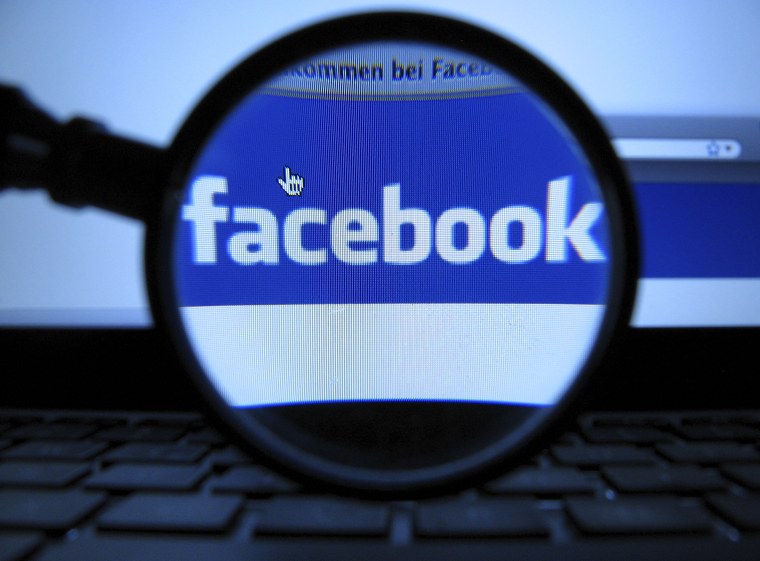There have been multiple reports for months, published by major U.S. news organizations, that when Russia attacked the American election last year, it did so by using social media, including Facebook. The tech giant repeatedly insisted, however, that it had no evidence of Russia targeting American voters, at least not with paid propaganda.
Yesterday, as Rachel explained at the top of last night's show, the story changed. The Washington Post reported:
Representatives of Facebook told congressional investigators Wednesday that the social network has discovered that it sold ads during the U.S. presidential campaign to a shadowy Russian company seeking to target voters, according to several people familiar with the company's findings.Facebook officials reported that they traced the ad sales, totaling $100,000, to a Russian "troll farm" with a history of pushing pro-Kremlin propaganda, these people said.
The Russian messages were connected to something called the Internet Research Agency, which may sound anodyne, but which was mentioned in the U.S. intelligence agencies' report on the Russian attack. Specifically, officials noted that the Internet Research Agency is essentially a project of Russian military intelligence.
The social-media company released a statement online late yesterday from Facebook's chief security officer, explaining that the Russian ads "appeared to focus on amplifying divisive social and political messages across the ideological spectrum -- touching on topics from LGBT matters to race issues to immigration to gun rights."
The Post's report added that Facebook officials "declined to say which candidate the ads favored," but since we already know Russia was responsible for an espionage campaign intended to put Donald Trump in power, there's no great mystery here. If Putin's government was responsible for an influence operation on Trump's behalf, I'll give you one guess as to who "the ads favored."
In case this isn't obvious, we're talking about a crime: a foreign government using foreign money to influence the outcome of an American election.
But this isn't the end of the story. Now that we know the reporting from earlier this year was accurate, there are a host of related questions that need answers.
Some of the questions, obviously, relate to Facebook itself, such as why and how the company didn't notice the foreign source of the advertising, and why and how Facebook issued false denials about this for much of the year.
Just as important, if not more so, are the questions for Trump World. McClatchy reported in July, for example, that investigators scrutinizing the Russia scandal "are examining whether the Trump campaign's digital operation -- overseen by Jared Kushner -- helped guide Russia's sophisticated voter targeting and fake news attacks on Hillary Clinton in 2016."
The piece added that investigators "are focusing on whether Trump's campaign pointed Russian cyber operatives to certain voting jurisdictions in key states – areas where Trump's digital team and Republican operatives were spotting unexpected weakness in voter support for Hillary Clinton."
In other words, we're looking at another potential area of possible collusion. We now know what Russia did and why; we need to know what kind of help Russia may have had while they did it. Who in the United States knew about the crime while the attack was underway?
